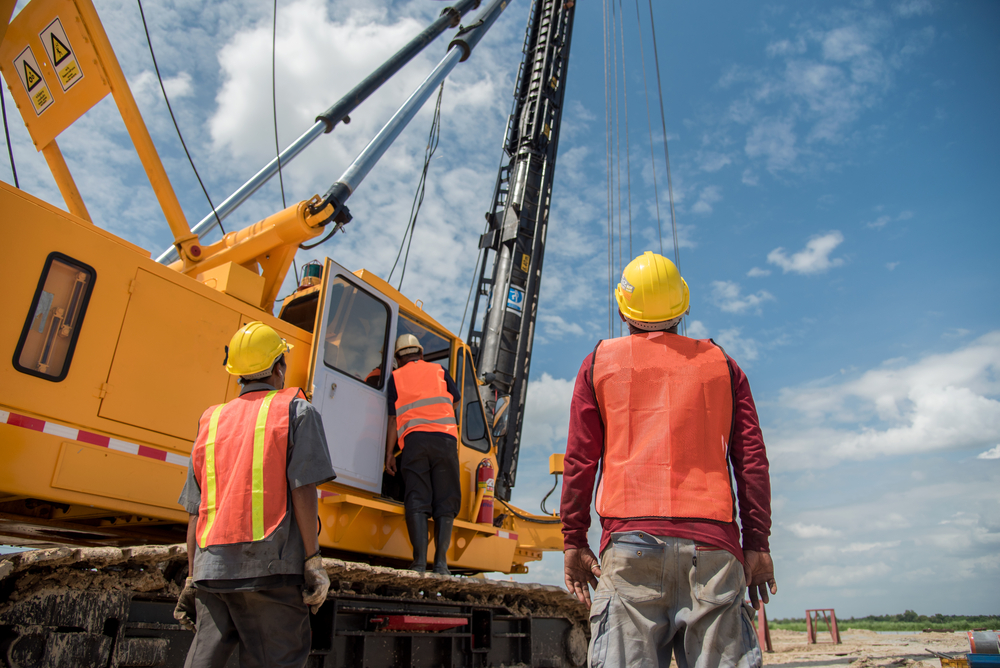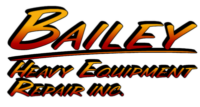How to Enter the Mechanic Trade: Your Path to a Career in Heavy Equipment Repair

Entering the mechanic trade can be a life-changing decision that offers both financial stability and long-term job satisfaction. With modern infrastructure, agriculture, mining, and transportation industries relying heavily on complex machinery, there’s an ever-growing demand for skilled professionals—especially heavy equipment mechanics. If you’re passionate about fixing engines, enjoy hands-on work, and are looking for a rewarding career, the heavy equipment mechanic career path may be the right one for you.
This guide provides a comprehensive look at how to become a mechanic, with a special focus on the diesel mechanic career and the many opportunities in heavy equipment repair. Whether you’re starting from scratch or switching careers, understanding the essential steps and training required will help you navigate this promising trade.
The Appeal and Scope of the Mechanic Trade
The mechanic trade is more than just turning wrenches. It’s a career that blends technical knowledge with physical skill, problem-solving, and critical thinking. The trade encompasses a wide variety of specializations including automotive repair, diesel engines, marine engines, and—importantly—heavy equipment.
Heavy equipment mechanics focus on repairing and maintaining machinery used in construction, farming, and large-scale industrial operations. Think bulldozers, excavators, cranes, and loaders. These machines are foundational to building roads, digging foundations, and extracting raw materials, making heavy equipment mechanics crucial to the functioning of the modern economy.
As a heavy equipment mechanic, you’ll be working on powerful diesel engines, hydraulic systems, electrical circuits, and sophisticated computerized control systems. The job is physically demanding and technically challenging, but it also offers excellent compensation, job security, and a sense of accomplishment that few desk jobs can match.
Steps to Enter the Mechanic Trade
Understanding how to enter the mechanic trade, heavy equipment specialization included, begins with a combination of education, hands-on training, and often certification.
The first step is a solid foundation in mechanical knowledge. While some mechanics are self-taught or learn informally, the most reliable and respected path starts with formal training. This could begin as early as high school, with vocational courses in auto repair or diesel technology. For adults, community colleges and technical institutes offer dedicated heavy equipment mechanic training programs that cover everything from engine diagnostics to welding.
These programs typically include both classroom instruction and hands-on shop time. Students learn the fundamentals of diesel engines, hydraulic systems, electrical troubleshooting, and safety protocols. Many training programs also incorporate the use of diagnostic software and computerized tools, which are now industry standard.
After completing your coursework, the next step is often an apprenticeship or entry-level position where you work under the supervision of experienced professionals. Apprenticeships can last 2 to 4 years and provide invaluable real-world experience while you earn a paycheck. It’s during this time that many aspiring mechanics begin to specialize—be it construction equipment, agriculture machinery, or mining vehicles.
The Diesel Mechanic Career Path and Specialization in Heavy Equipment
A diesel mechanic career is the backbone of many sectors, and it offers multiple avenues for specialization. Diesel engines power a majority of the world’s heavy machinery due to their durability and fuel efficiency. As such, most heavy equipment mechanics are also, by necessity, diesel mechanics.
Your career can begin in a generalist role, perhaps servicing fleets of trucks or buses, and then pivot toward heavier machinery as you gain experience. Once you’re skilled in diesel systems, you’ll find that your expertise is in demand in construction companies, mining operations, municipal utilities, and equipment dealerships.
Another key area within the heavy equipment mechanic career path is mobile service. Some companies require mechanics to be on-call to travel to job sites to repair downed equipment. These roles can offer higher pay and more responsibility but require greater independence and troubleshooting skills.
As your career progresses, you might move into supervisory roles, become a shop foreman, or even start your own repair business. Certifications from bodies like the National Institute for Automotive Service Excellence (ASE) or manufacturer-specific training (from brands like Caterpillar or John Deere) can boost your credibility and earning potential.
Training and Certification: Building Blocks of a Successful Career
Heavy equipment mechanic training programs are the bedrock of a strong mechanic career. These programs can be found at community colleges, vocational schools, and specialized trade schools across the country. They typically span 1 to 2 years and may lead to a certificate or associate degree.
Coursework usually includes diesel engine repair, preventative maintenance, hydraulics, brake systems, welding, and blueprint reading. Many programs partner with local employers to provide internships or co-op work experiences, which are crucial for building both skills and connections in the industry.
After initial training, it’s highly recommended to pursue certification. ASE certification is widely recognized and may be required by some employers. Specialized certifications in areas like diesel engines, brakes, and electrical systems show potential employers that you’re serious about your profession and committed to excellence.
In addition, manufacturers often provide advanced training specific to their equipment. Earning credentials from Caterpillar, Komatsu, or Volvo can position you as a top-tier mechanic within dealership networks or specialized service providers.
The heavy equipment field is also increasingly tech-driven. Learning how to use diagnostic software and electronic control systems is no longer optional—it’s essential. As such, staying current with emerging technologies through continued education and training workshops is key to a successful, long-term career.
Career Outlook and Long-Term Opportunities in the Mechanic Trade
The future is bright for those pursuing a heavy equipment mechanic career path. According to labor market forecasts, employment for diesel mechanics and heavy equipment technicians is projected to grow steadily due to ongoing demand in infrastructure development, resource extraction, and agriculture.
Wages are competitive. Entry-level technicians might earn between $40,000 and $50,000 per year, with experienced professionals commanding salaries upwards of $70,000 or more. Mobile service mechanics, those with specialized certifications, and individuals working in remote or high-demand areas can earn even more.
Beyond wages, the job offers other benefits—chief among them is job stability. The skills learned in heavy equipment repair are transferable across industries and locations, making it easier to find employment or change employers without starting from scratch.
There’s also a strong sense of pride and purpose. Knowing that the equipment you maintain helps build cities, feed populations, or power industries adds a tangible value to your day-to-day work. For many, this sense of contribution is deeply fulfilling.
As you advance, opportunities expand. Experienced mechanics can move into technical training, sales of equipment and parts, shop management, or equipment inspection and diagnostics. Some even transition into engineering support roles, helping design better service protocols or advise on equipment improvements based on real-world performance data.
Conclusion
For those interested in how to become a mechanic with a specialization in heavy machinery, the pathway is structured but full of opportunities. Begin with training, immerse yourself in the technical aspects of diesel engines and hydraulics, earn certifications, and embrace lifelong learning. With determination and hands-on experience, a fulfilling and well-paying career in the mechanic trade is well within reach.
